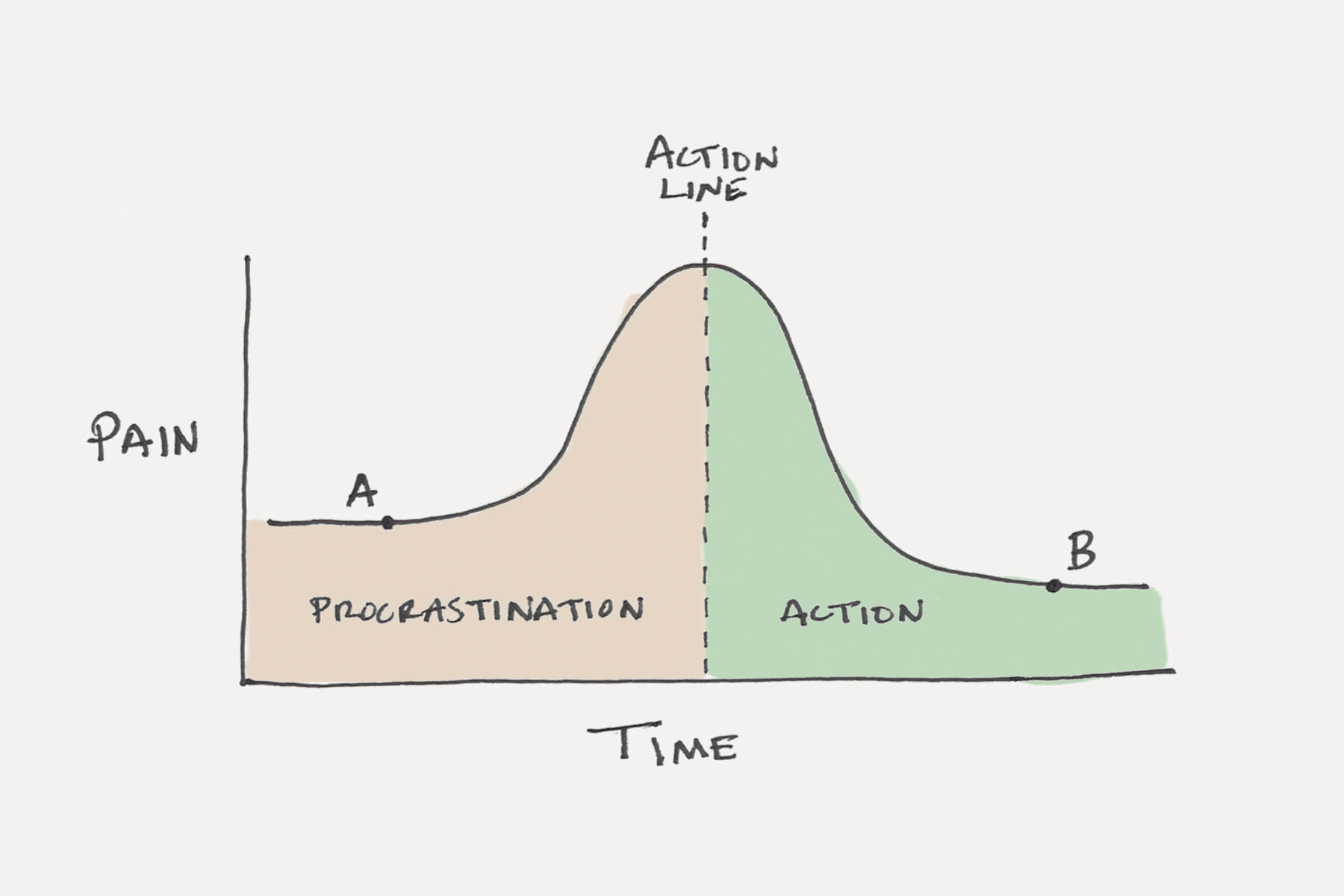Understanding the Cognitive Basis of Procrastination, Emotional Dependency, and Impostor Syndrome
Understanding the Cognitive Basis of Procrastination, Emotional Dependency, and Impostor Syndrome
Blog Article
In today's fast-paced world, people often face internal obstacles that hinder their success. Among these, procrastination, emotional dependency, and impostor syndrome stand out as common issues. But how can we overcome them?
In this guide, we will dive into the causes and solutions these three challenges. By understanding their impact and learning how to tackle them, you can take control of your life.
What is Procrastination?
Procrastination is the act of delaying tasks despite knowing their importance. This behavior is frequently linked to emotional or psychological factors, such as anxiety or self-doubt.

When procrastination takes over, can be o que é a síndrome do impostor far-reaching. Overcoming procrastination procrastinação o que significa requires practicing self-discipline and creating actionable plans. Consider techniques like the Pomodoro Technique or focusing on time-bound goals to stay on track.
The Nature of Emotional Dependency
Emotional dependency is a state where a person depends excessively on external relationships to fulfill their emotional needs. Although relationships are fundamental, emotional dependency can become unhealthy when it leads to a lack of independence.

Symptoms often include a fear of rejection, difficulty making decisions independently, and constant seeking of external approval. Breaking free from this pattern, it’s crucial to develop self-awareness and cultivate self-reliance. Therapy, mindfulness practices, and journaling can provide significant support.
Recognizing and Managing Impostor Syndrome
Impostor syndrome is the persistent belief where someone feels like a fraud despite evident success. Those affected tend to undermine their abilities rather than recognizing their talent and hard work.

Impostor syndrome often results in anxiety, self-doubt, and hesitation to pursue new opportunities. Addressing this issue involves challenging self-critical beliefs and celebrating accomplishments. Seeking feedback from trusted peers and setting realistic expectations can support personal growth.
How to Address These Challenges?
To navigate these issues, consider the following strategies:
- Create a routine to combat procrastination and set achievable goals.
- Build self-awareness to identify patterns of emotional dependency and foster personal resilience.
- Practice gratitude to counter impostor syndrome and seek professional guidance if needed.
Long-term improvement requires persistence, so stay committed to these approaches to see positive changes.
Conclusion: Taking the First Step
These challenges can feel overwhelming, but you can overcome them by taking deliberate action. By understanding their roots and applying effective techniques, you pave the way for a healthier, more fulfilling life.
Start today by recognizing these patterns in your life and implementing small but meaningful changes. Remember: progress is a journey, not a destination.
Report this page